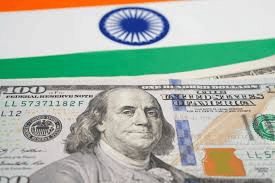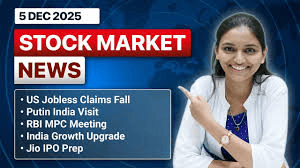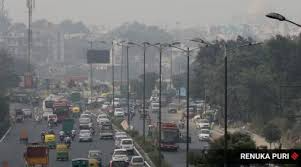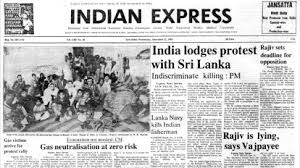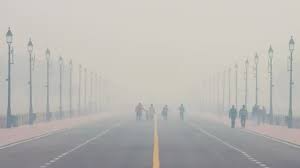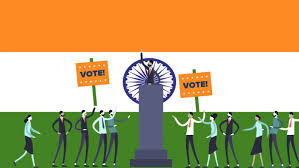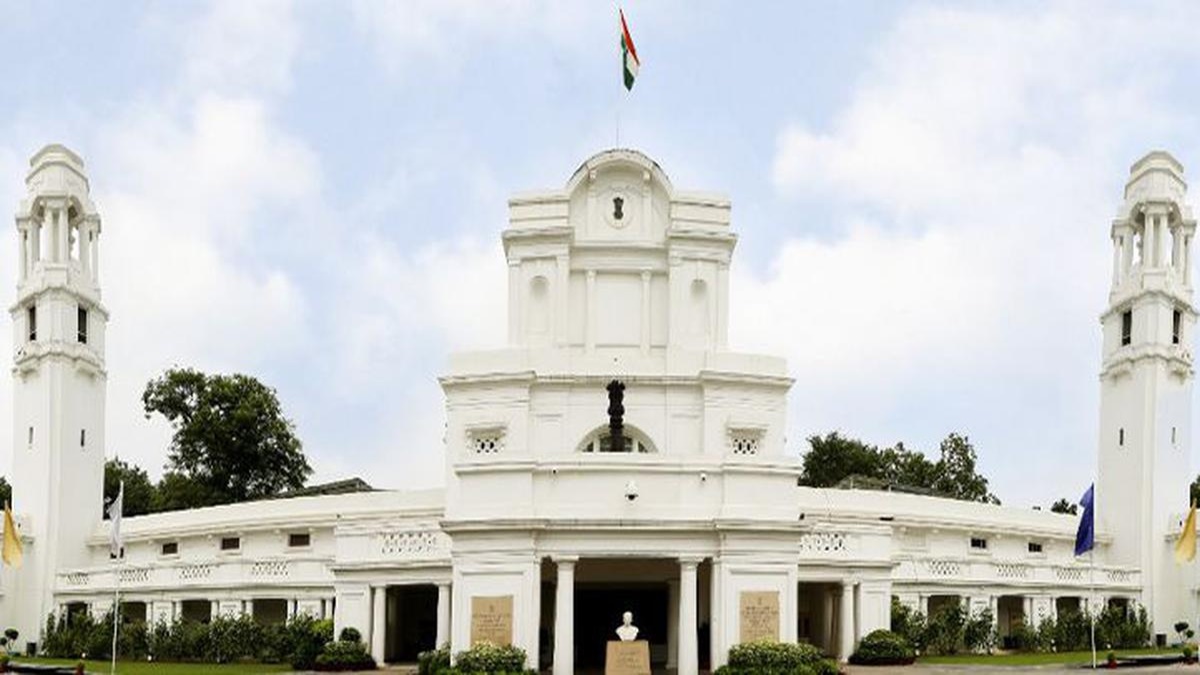
Delhi Economic and Political
Delhi Economic and Political Shifts Unfold: A Deep Dive into India’s Capital in Transition
Delhi Economic and Political – Delhi, the bustling heart of India, has always been more than just the nation’s capital. It is a microcosm of the country’s ambitions, challenges, and transformations. In 2025, Delhi stands at a pivotal juncture — where economic developments, political turbulence, and social debates intersect. The capital’s decisions often ripple out to the farthest corners of India, influencing policy, public opinion, and even global perceptions of the nation.
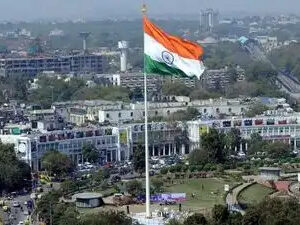
This in-depth analysis explores the most pressing issues in Delhi’s economy, politics, and breaking news — presenting a clear picture of where the capital, and by extension the country, is headed.
Economic Landscape: Delhi Economic and Political Growth Story and Roadblocks
Delhi’s economy has always been a paradox. On one hand, it boasts one of the highest per capita incomes in India, fueled by service industries, trade, tourism, and government spending. On the other hand, it grapples with inequality, infrastructure strain, and environmental challenges.
Post-Pandemic Recovery
The aftermath of the COVID-19 pandemic left deep scars on Delhi Economic and Political structure. While 2022 and 2023 saw a strong rebound in services, retail, and real estate, 2024 introduced new challenges — particularly inflation and global market instability. However, small and medium enterprises (SMEs) in Delhi’s tech and creative sectors have shown resilience, leveraging digital platforms for growth.
Key Growth Sectors
- Information Technology and Startups – Gurgaon and Noida, though technically outside Delhi’s municipal borders, form part of the National Capital Region (NCR) and contribute significantly to the tech ecosystem.
- Tourism and Hospitality – Delhi’s rich heritage, from the Red Fort to India Gate, continues to draw both domestic and international visitors.
- Real Estate – With infrastructure expansion like the Delhi-Mumbai Expressway and metro network extensions, property development remains a major economic driver.
Economic Challenges
- Rising Inflation: Food and fuel costs continue to affect households and small businesses.
- Pollution-Related Costs: Seasonal air quality crises impact healthcare expenses and labor productivity.
- Urban Migration Pressure: A constant influx of migrants increases the demand for jobs, housing, and public services.
Political Landscape: Delhi Economic and Political at the Center of National Debates
Delhi’s politics are unlike those in any other part of India. The city has its own elected government, but the central government — headquartered in the same city — wields considerable influence over its administration. This dual governance often results in jurisdictional disputes that make headlines.
The Role of the Delhi Government
The Delhi Legislative Assembly is responsible for education, healthcare, and local infrastructure, while the central government retains control over policing and land use. Political parties in Delhi often use these boundaries as battlegrounds, with governance effectiveness becoming a major campaign theme.
Recent Political Flashpoints
- Education and Health Spending Disputes – The Delhi government’s emphasis on public school upgrades and mohalla clinics has been both praised and challenged.
- Law and Order Tensions – Incidents of crime and public protests have led to debates about the Delhi Police’s accountability to the central Ministry of Home Affairs rather than the local government.
- Environmental Policies – The Delhi government’s odd-even traffic scheme to curb pollution has sparked both support and criticism, often splitting along party lines.
National Implications
Given Delhi’s media prominence, any political development in the city can quickly become a national talking point. Political parties test campaign strategies in Delhi before deploying them in other states.
Delhi Economic and Political Hot News in 2025: Stories Making Headlines
Delhi Economic and Political – Delhi has been at the center of several breaking news stories this year, reflecting both the city’s vibrancy and its volatility.
Economic Protests Over Price Hikes
In early 2025, thousands gathered in Connaught Place and outside Parliament to protest rising fuel and food prices. These demonstrations, largely peaceful, have triggered nationwide conversations about inflation control and social welfare.
International Summits in Delhi
Delhi recently hosted a major climate conference attended by leaders from over 50 nations. The event underscored India’s push to position itself as a global climate leader, though domestic critics argue that local pollution levels undermine international commitments.
Urban Infrastructure Upgrades
Massive redevelopment projects are underway in key neighborhoods, including Chandni Chowk and Dwarka. The government is betting on improved connectivity and modern facilities to boost commerce and tourism.
Delhi Economic and Political Nexus: How Policy Shapes Prosperity
Delhi Economic and Political – In Delhi, economics and politics are inseparable. Decisions about taxation, subsidies, infrastructure spending, and environmental policy often hinge on political calculations.
A prime example is the recent debate over fuel subsidies. While the Delhi government has called for targeted subsidies to protect low-income groups, the central government has pushed for nationwide reforms that may phase them out entirely. This has become a politically charged issue ahead of the next general elections.
Public Opinion: Voices from the Streets
Delhi Economic and Political – Delhi’s citizens are active participants in its political and economic debates. Street vendors, corporate executives, students, and retirees each have distinct perspectives on the city’s challenges and opportunities.
A recent survey by a Delhi-based think tank found:
- 68% support increased spending on education, even if it means higher taxes.
- 55% believe pollution is the single greatest threat to the city’s future.
- 47% think political disputes between the local and central governments hinder progress.
The Road Ahead for Delhi
Delhi Economic and Political trajectory in 2025 will depend on its ability to balance growth with sustainability, political stability with democratic debate, and modern infrastructure with cultural preservation.
Key Trends to Watch:
- Green Infrastructure Investments – From solar-powered government buildings to electric bus fleets.
- Digital Governance Initiatives – Expanding online public services to cut red tape.
- Regional Economic Integration – Closer economic ties with NCR cities to distribute growth more evenly.
Conclusion
Delhi remains the pulse of India’s national conversation. Economic reforms, political contests, and breaking news stories from the capital not only shape local life but also echo across the subcontinent. The challenges are immense — but so are the opportunities for innovation, collaboration, and transformation.
As Delhi navigates inflation, environmental threats, and governance complexities, it will continue to serve as both a stage and a laboratory for the broader Indian experience. The stakes could not be higher, and the world is watching.

